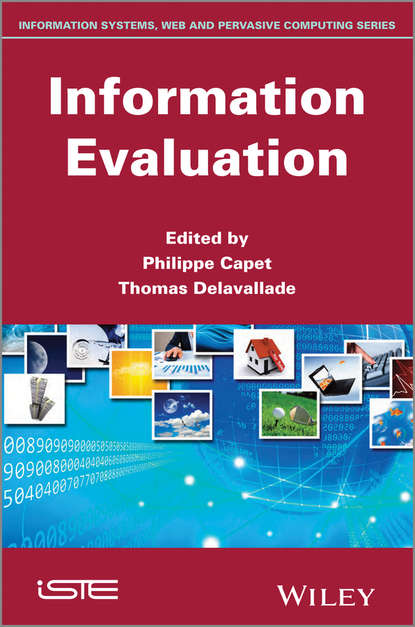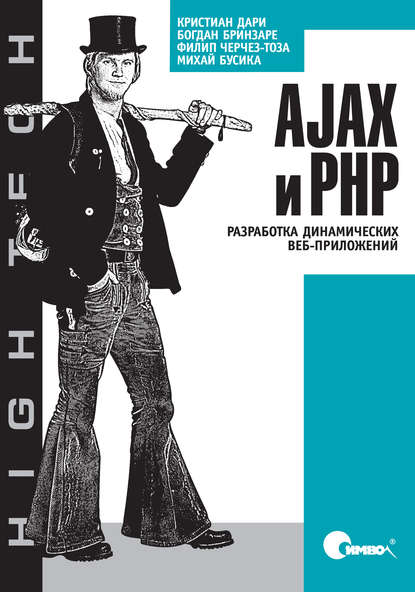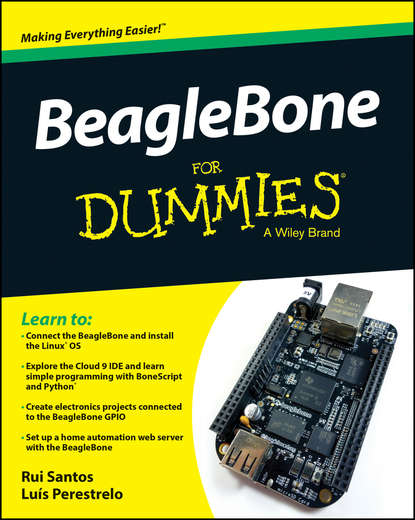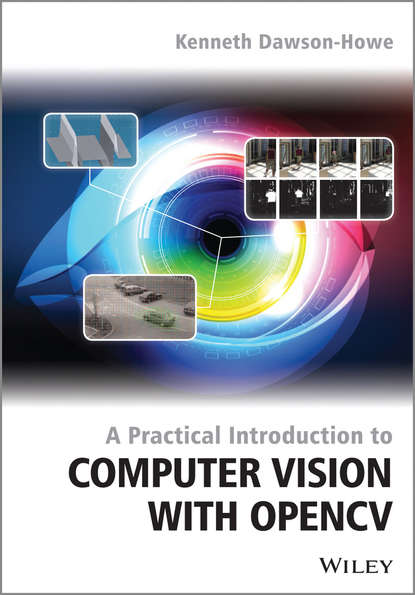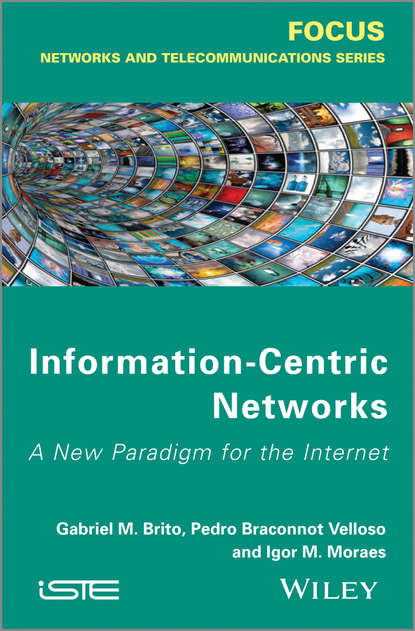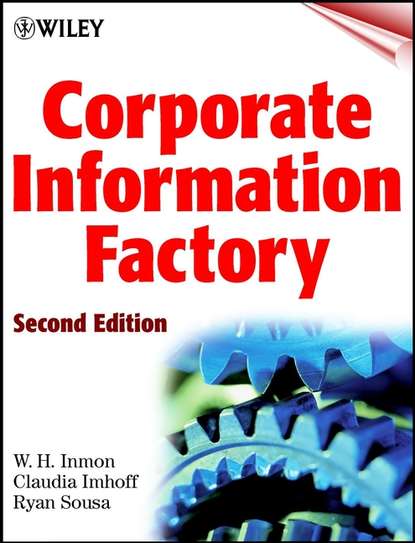Книга "Оценка информации" рассматривает процесс восприятия информации и оценки ее достоверности. Каждый человек, получивший какую-либо информацию, оценивает ее на основе своих личных убеждений и предпочтений, и это влияет на степень доверия, которую он ей уделяет. Слишком большое доверие может свидетельствовать о наивности, а полное отсутствие доверия - о параноидальности. Книга исследует, как люди принимают решение о том, насколько им можно доверять, какие факторы на это влияют и какие методы можно использовать для оценки достоверности информации. Авторы рассматривают этот вопрос с точки зрения философии, военной разведки, алгоритмов и информатики, представляют концепции информации и доверия к ней, методы, которые используют или должны использовать военные, инструменты помощи, а также перспективы, которые открываются в этой области. Книга может быть полезна не только военным, но и другим профессиональным областям, таким как экономическая разведка и государственный мониторинг информации. В книге представлены различные статьи по теме информационной оценки, в том числе: философский анализ и стратегические приложения информации, эпистемическое доверие, основы разведки, оценка информации в военной сфере, квалификационная оценка релиабельности источников информации и многие другие. Авторы книги - Филипп Капе и Томас Делаваллад, которые работают в области управления и контроля информации в военных и коммерческих контекстах.
The main body of the book is Information: Philosophi
Книга "Information Evaluation" Автора Philippe Capet будет полезна всем тем, кто занимается сбором и обработкой информации, а также интересуется философскими аспектами естествознания и военной тактики.
Электронная Книга «Information Evaluation» написана автором Philippe Capet в году.
Минимальный возраст читателя: 0
Язык: Английский
ISBN: 9781118898994
Описание книги от Philippe Capet
During the reception of a piece of information, we are never passive. Depending on its origin and content, from our personal beliefs and convictions, we bestow upon this piece of information, spontaneously or after reflection, a certain amount of confidence. Too much confidence shows a degree of naivety, whereas an absolute lack of it condemns us as being paranoid. These two attitudes are symmetrically detrimental, not only to the proper perception of this information but also to its use. Beyond these two extremes, each person generally adopts an intermediate position when faced with the reception of information, depending on its provenance and credibility. We still need to understand and explain how these judgements are conceived, in what context and to what end. Spanning the approaches offered by philosophy, military intelligence, algorithmics and information science, this book presents the concepts of information and the confidence placed in it, the methods that militaries, the first to be aware of the need, have or should have adopted, tools to help them, and the prospects that they have opened up. Beyond the military context, the book reveals ways to evaluate information for the good of other fields such as economic intelligence, and, more globally, the informational monitoring by governments and businesses. Contents 1. Information: Philosophical Analysis and Strategic Applications, Mouhamadou El Hady Ba and Philippe Capet. 2. Epistemic Trust, Gloria Origgi. 3. The Fundamentals of Intelligence, Philippe Lemercier. 4. Information Evaluation in the Military Domain: Doctrines, Practices and Shortcomings, Philippe Capet and Adrien Revault d’Allonnes. 5. Multidimensional Approach to Reliability Evaluation of Information Sources, Frédéric Pichon, Christophe Labreuche, Bertrand Duqueroie and Thomas Delavallade. 6. Uncertainty of an Event and its Markers in Natural Language Processing, Mouhamadou El Hady Ba, Stéphanie Brizard, Tanneguy Dulong and Bénédicte Goujon. 7. Quantitative Information Evaluation: Modeling and Experimental Evaluation, Marie-Jeanne Lesot, Frédéric Pichon and Thomas Delavallade. 8. When Reported Information Is Second Hand, Laurence Cholvy. 9. An Architecture for the Evolution of Trust: Definition and Impact of the Necessary Dimensions of Opinion Making, Adrien Revault d’Allonnes. About the Authors Philippe Capet is a project manager and research engineer at Ektimo, working mainly on information management and control in military contexts. Thomas Delavallade is an advanced studies engineer at Thales Communications & Security, working on social media mining in the context of crisis management, cybersecurity and the fight against cybercrime.
